When Janet MacDonald was a little girl in the Western Isles, her father was at sea – and travelling the world on different assignments.
So she grew up looking in the atlas to see where he was in countries such as South America, Russia and Australia. It sparked a curiosity within her to travel and experience the world that existed beyond the Isle of Lewis where she felt far away from everywhere.
Her first overseas sojourn was on a college trip when she was 18 to Brussels, Strasbourg, and Bruges. It was exhilarating: Janet loved everything about it.
And although she subsequently developed a career in Gaelic television, as a researcher and then a director and producer, she never lost her wanderlust, her desire to witness other people’s lives and discover the common threads of humanity across the globe.
It has recently taken her to some war-scarred countries, places where humanity is in scant supply.
And given her belief that “although actions speak louder than words, silence speaks volumes”, she has talked to the Press & Journal about it.
Travelling is in her blood
A gap year in her mid-20s turned into a whole new chapter in New Zealand, two children and marriage – which happened in that order, “much to my mother’s horror”.
Yet, when she lost both her parents in the space of 15 months at the start of the decade, she realised life was fragile, unpredictable and nothing was guaranteed.
And, since then, her feet have hardly touched the ground.
Stop calling them ‘trouble spots’
She said: “Travelling became the focus of my life, doing project communications work to fund trips to what I call ‘interesting’ places that we hear about on the news; such as Iraq, Mexico, Colombia and Syria.
“I wanted to write about and photograph these places with a fresh lens, moving away from the ‘trouble spots’ label that are often attached to them.
“I went to Iraq in 2023, Lebanon and Syria earlier in 2024, before returning to Beirut in early October. There is suffering but until recently there was also hope.
The hope is all gone now
“In Lebanon, there was hope that the caretaker government would elect a president. In [the capital] Beirut in May, I met a number of young entrepreneurs trying to establish tourist businesses, cafes and restaurants for both the Lebanese and for visitors.
“There were outspoken activists who were trying to organise and push for more robust government action on key issues. It felt it was like a phoenix about to rise from the ashes. But that is all gone now.
“In Syria there was hope that tourists, albeit in very small numbers, would start to visit again. That has been dashed and they’ve had a reverse influx of refugees, some of whom fled to Lebanon fearing for their lives in the government crackdown of 2011.
People are being denied shelter
“I hear that in Beirut, men are not being allowed into the bomb shelters. Domestic servants, mainly women and some with children, are camping on the Cornich (waterfront) because they too are barred from getting into shelters.
“The irony with Afghanistan is, that with the Taliban in control, it’s now much safer for tourists to go there.
“And yet the situation for women and girls in particular is awful and harrowing with education beyond the age of eight banned [for females].”
Earlier this year, we spoke to Shetland war correspondent Jen Stout about the ongoing conflict in Ukraine and she stressed the significance of strong women acting as the glue in holding their communities together, amid the widespread death and destruction.
But, according to Janet, the same thing isn’t occurring in the Middle East.
Women are often made to feel invisible
She said: “Middle Eastern women and Muslim women in general can be quite invisible. They are at home cooking and cleaning for their family, to some extent keeping the home fires burning.
“But in Lebanon, the only place I have been to in which an active war was being waged, it was the young people [who were taking a stand].
“In Mexico and Colombia, it was women who were leading the protest movements against government corruption and brutality.
“It was the women who were protesting and looking for their sons who had disappeared, while the men had been killed or were away fighting. Many of their sons had been lured from the cities with the promise of work, but were then murdered.”
I had to learn to be resilient
“When you travel on your own, you have to be resilient and you learn a lot about yourself, your motivations, and driving factors.
“I couldn’t walk up to the displaced people sleeping outside in Beirut and ask about their suffering. They are at their lowest and most vulnerable.
“So a Western journalist or writer is really not going to help them, unless you are also supplying food and shelter.”
Considering the litany of suffering and misery she has observed at close quarters, you might imagine Janet would be glad to be back in Lewis again. As if it was that simple.
But, as she said: “It is not always a feeling of relief, although there is comfort in being in my own house, being comfortable in my own bed and hearing the ferry come and go.
I know I have been fortunate
“On the other hand I often miss the people I have met, the hospitality I have received – often from people with very little in the material sense – and the wonderful food I have consumed. I am humbled and privileged to have experienced such diverse cultures.
“We might not like our system [in theUK] and feel that it is broken. However, when you see what a ‘broken’ regime looks like in a resource-rich country such as Iraq, you see that ours is not that bad and perhaps we need to engage in order to make it better.
Silence makes you complicit
“I get frustrated when I see the impact of selling arms to Israel and I have to try and explain to people in Lebanon why the West does not see their pain and suffering.
“I feel that governments have at their disposal many steps to hold other countries in check and that silence makes you complicit.”
Janet is preparing to create a series of mini documentaries, podcasts and photo journals next year which will highlight what she has seen at close quarters.
It’s a long time since she embarked on her first solo assignment in Belfast and learned that the reality on the ground can be different from the version presented in the media.
It’s the same the world over
But, from her perspective, there’s a universality to it all.
In her words: “On the Falls Road, I was met with nothing but friendliness and kindness. And that has been repeated all over the world from Iraq to Colombia.”
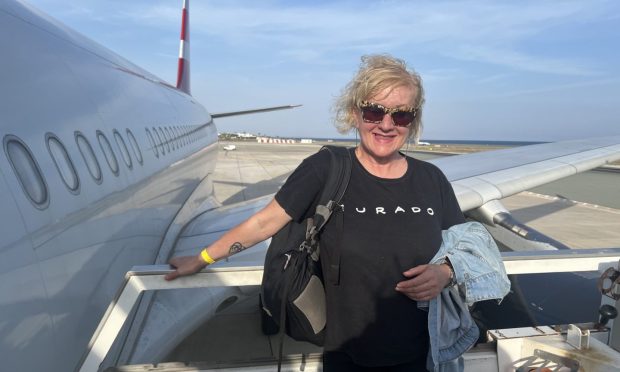
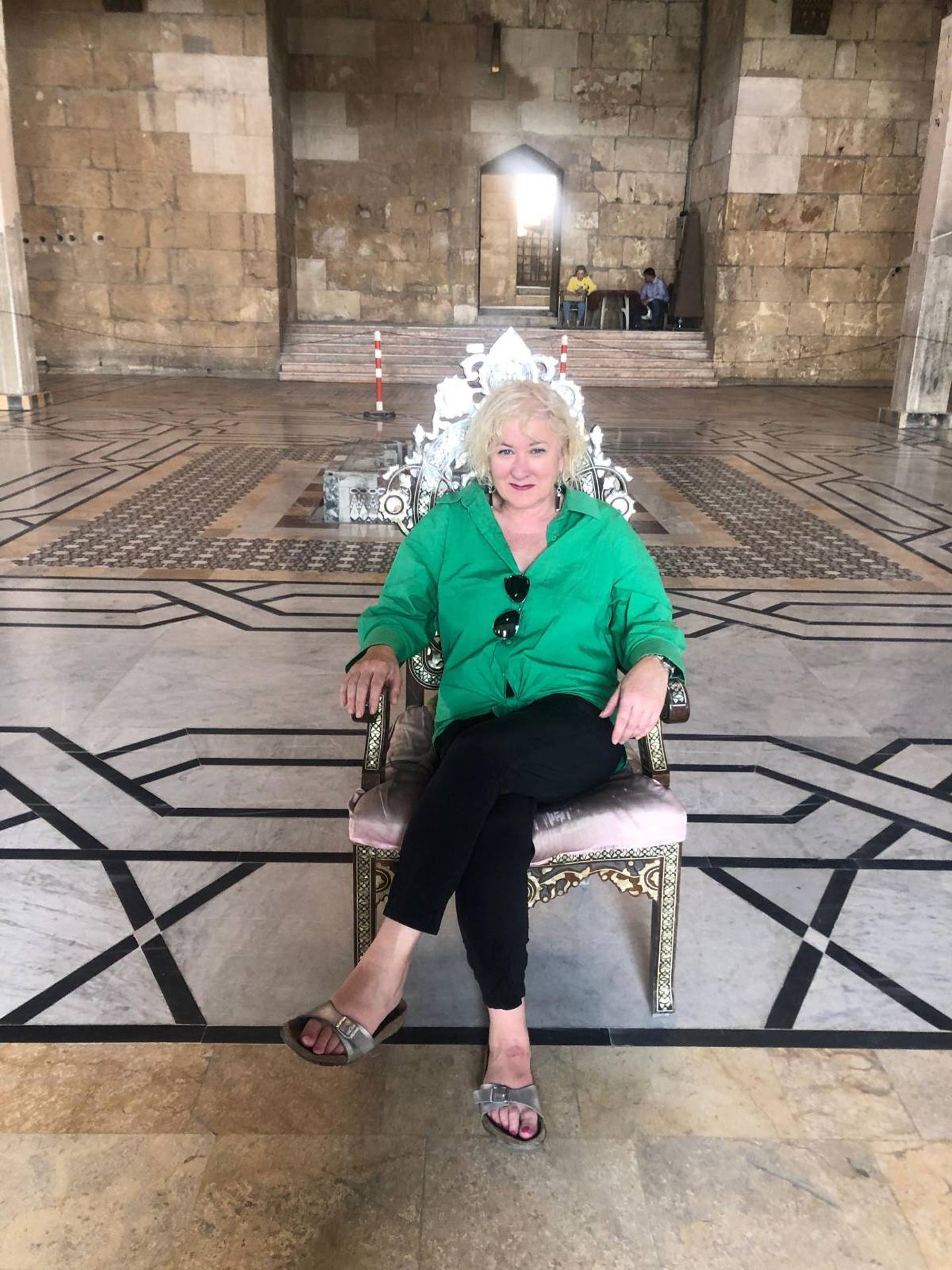

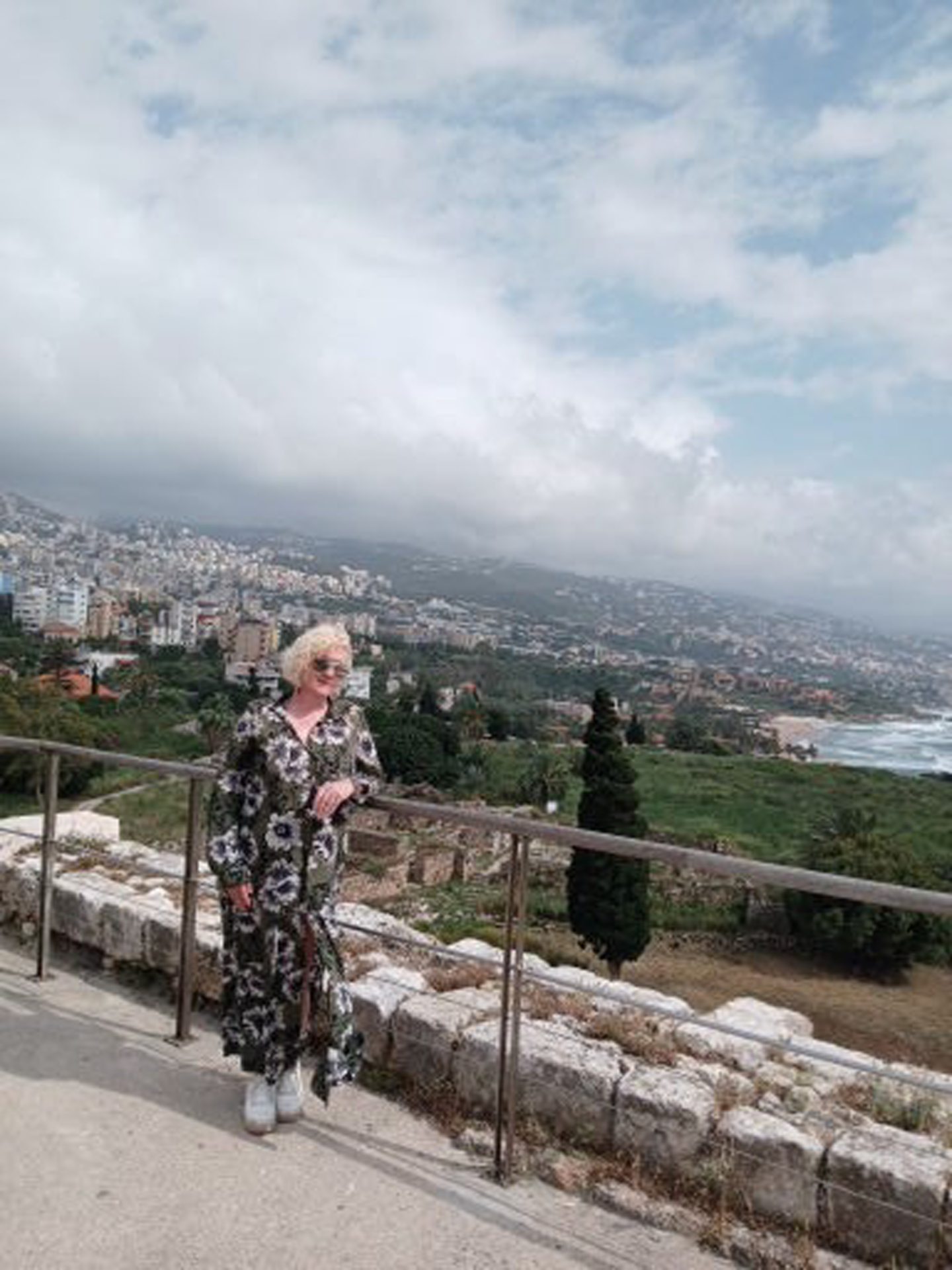
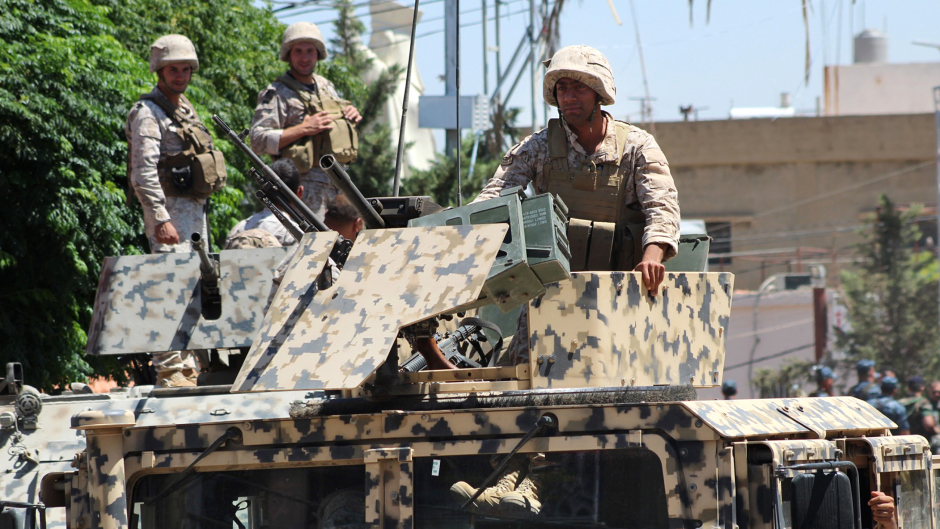
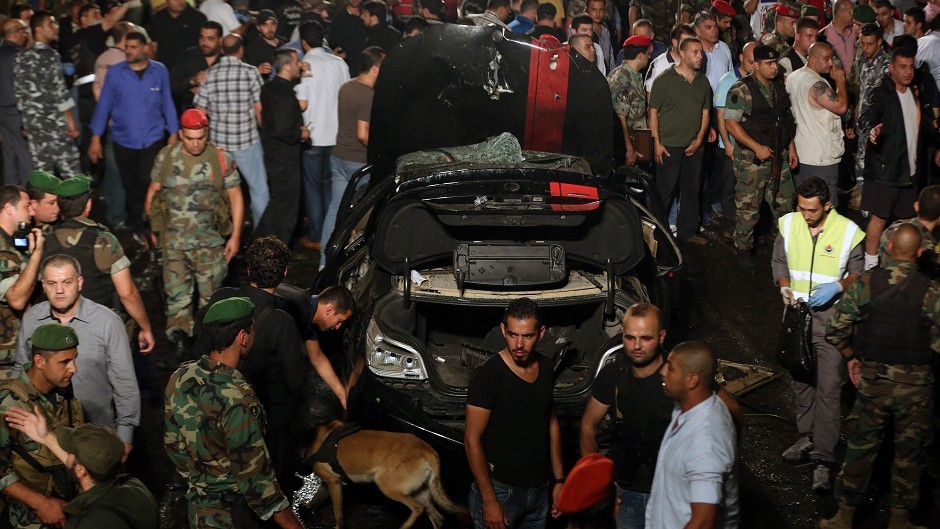
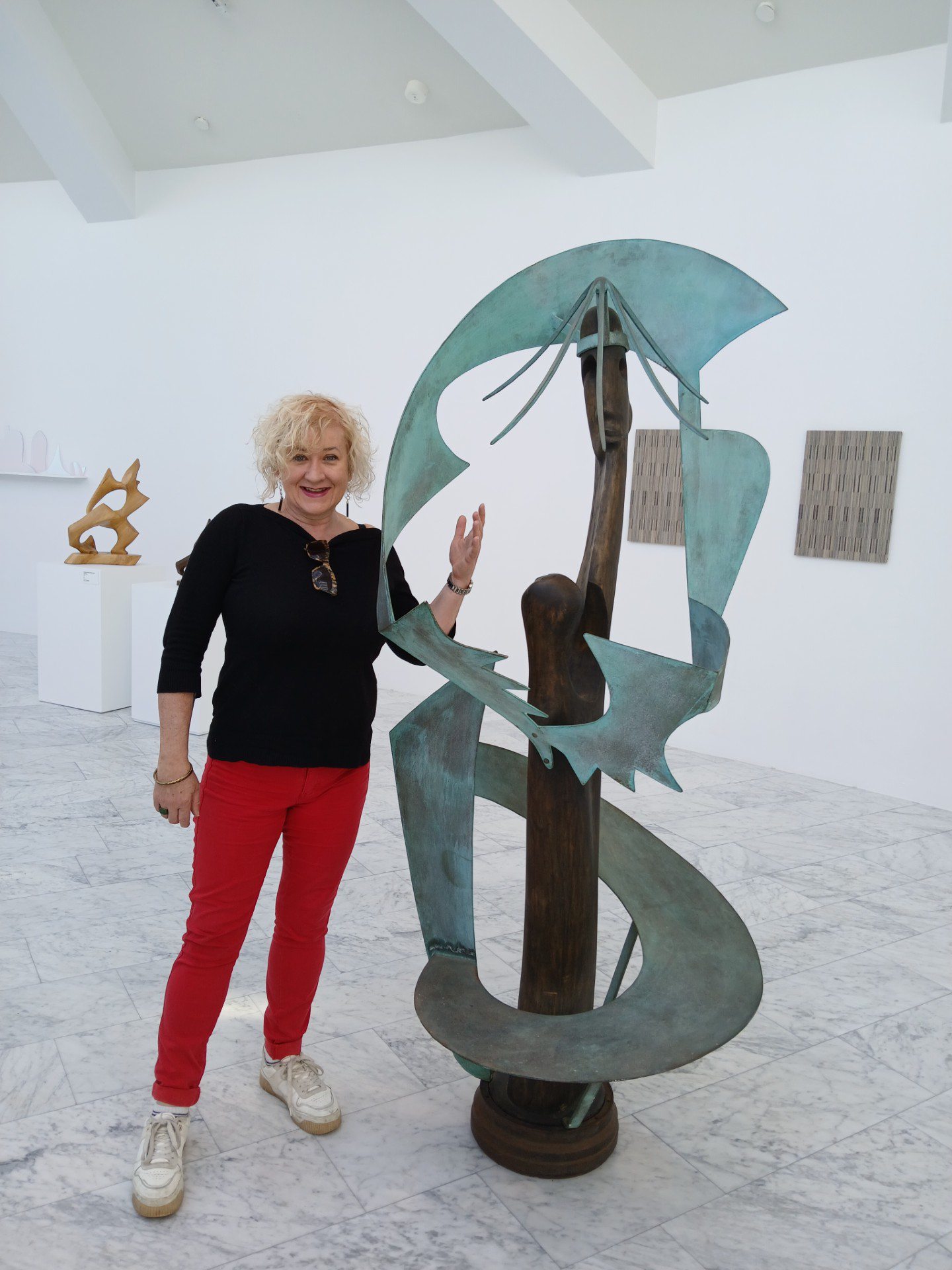
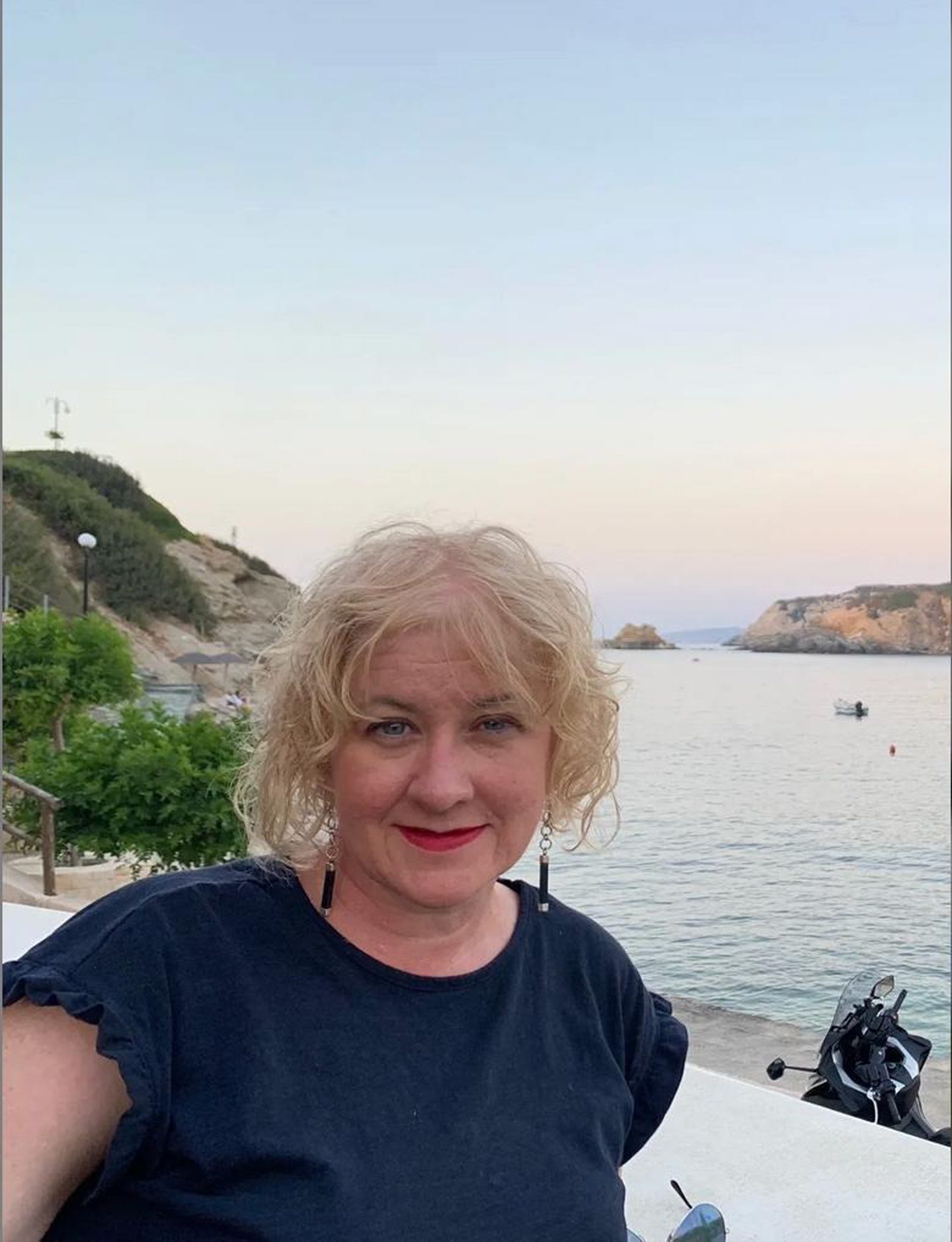

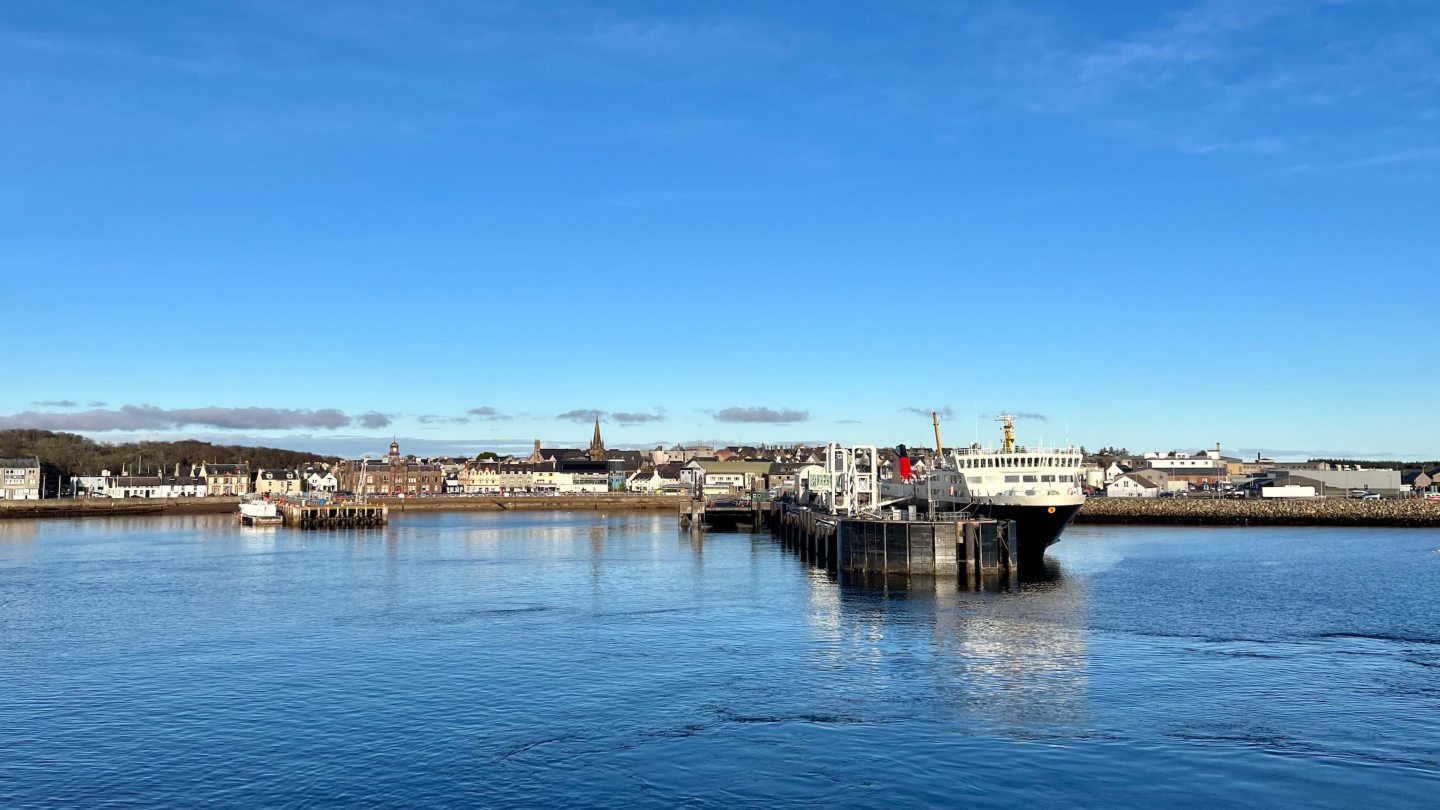
Conversation